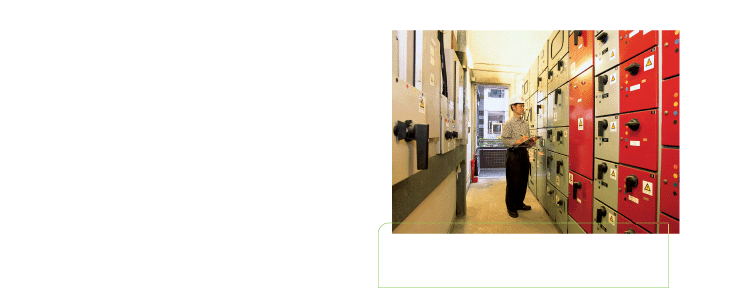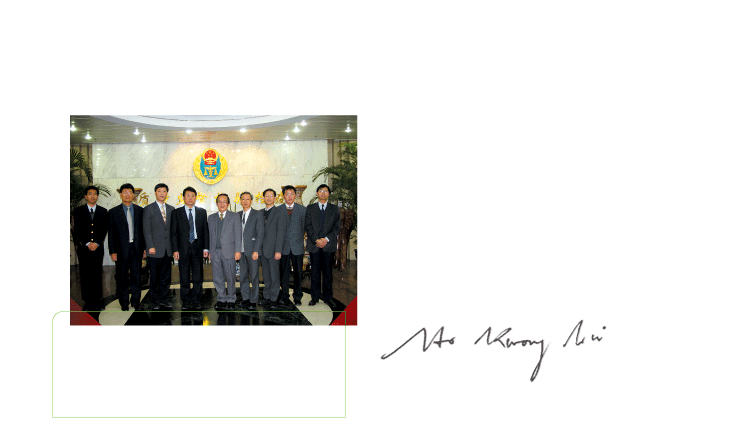| |
|
|
|
|



|
|||||
 |
|||||
 |
|||||
 |
As regards the periodic inspection of electrical installations, 96 per cent of all 35,000 residential buildings in Hong Kong have been completed.
This is particularly important given
the huge variety and quantity of products imported from the mainland. In the
event of a need to verify the quality of a product, it also permits speedier
checking and allows more timely action to be taken.
We have also stepped up our quality control of gas appliances with the introduction
of a new approval scheme, which will come into effect in 2003.
With over 16,000 taxis having made the switch to LPG and with the completion
of the network of filling stations, the LPG vehicle scheme has progressed
to the second stage targeting light buses. We continue to provide technical
advice and support.
As regards the periodic inspection of electrical installations, we are pleased
to report that 96 per cent of all 35,000 residential buildings in Hong Kong
have now been tested, thanks to the assistance of the Buildings Department
and the Home Affairs Department.
Amusement rides were in the limelight this year as a number of large-scale
carnivals took place in Hong Kong. We are proud to report that there were
no incidents of mechanical failure with these rides. We have also begun to
liaise with the Disney Theme Park and the Tung Chung cable car project teams
to ensure the highest level of safety for Hong Kong when these facilities
come on-line in the future.
In the following pages, we detail the progress of each of our divisions this
year. It is a characteristic of regulatory services worldwide that patience
and perseverance are often required for initiatives to yield results. I would
like to thank all staff for their dedication and hard work, and join them
in looking forward to another year of achievement in 2003.
Air-conditioning takes the lion's
share of energy consumption in commercial buildings, which is why we have
been studying the possibility of wider use of the more energy-efficient water-cooled
air-conditioning system. As a follow-up to a preliminary study, we have proceeded
to conduct implementation studies with a particular focus on district cooling
systems. Two distinct districts were selected - South East Kowloon Development
and Wanchai and Causeway Bay, the former being an entirely new development
while the latter is a typical existing district with a mix of offices, hotels
and commercial developments.
Our study of potential applications of renewable energy has now moved into
its second stage with a demonstration project at Wanchai Tower. Solar photovoltaic
panels are being installed on the rooftop and technical data will be collected
for performance analysis. Wind power is also under study and preparatory work
for a territory-wide field-based measurement programme has begun.
T5 lamps and luminaries are among the most successful energy saving equipment
introduced by EEO. Two pilot projects to use the T5 lighting system at government
venues have shown that a 40 per cent energy saving is achievable, along with
better lighting quality for users. These results have had very positive implications
in the lighting industry, with more and more developers installing the T5
lighting system in new developments.
The energy efficiency labelling scheme for household appliances and office equipment - accounting for 44 per cent of energy savings this year - now covers more than 1,500 models with an estimated market penetration of between 30 to 70 per cent. The scheme has been extended to petrol passenger cars during the year, with plans in hand to cover gas appliances in the near future.
SAFETY
INITIATIVES
To fulfil our role in protecting
public safety, we have this year focused on a number of initiatives. We have
fostered closer cooperation with the Administration of the People's Republic
of China for Quality, Supervision, Inspection and Quarantine to achieve better
control over the quality standard of electrical products,
gas appliances and lifts and
escalators.
Ho
Kwong-wai
Deputy Director / Regulatory
Services